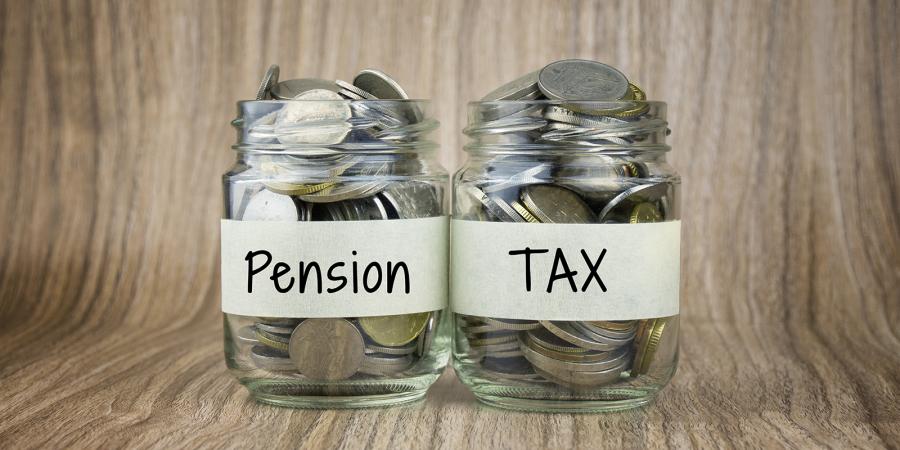The Government has now published its draft legislation outlining how Inheritance Tax (IHT) will apply to pension death benefits from April 2027. These proposals appear to confirm the Government’s direction of travel, closing the door on earlier hopes that a different approach might be taken.
One of the main concerns with the original proposals was their potential to cause delays in winding up estates, due to added complexity. The new draft legislation responds to this by shifting the administrative burden away from pension scheme administrators and onto the personal representatives (PRs) of the estate.
The New Process
From April 2027, pension death benefits will be brought into the estate for IHT purposes. According to HMRC estimates, the measures are expected to raise £640 million in 2027/28, £1.34 billion in 2028/29, and £1.46 billion in 2029/30 – and likely even more in the years beyond.
Importantly, HMRC has clarified the steps that both personal representatives and pension schemes must follow. In a significant change from earlier proposals, it will now be the personal representatives—not the scheme administrators—who are responsible for calculating and paying the IHT due.
Step 1: Scheme provides valuation
Once notified of the death, the pension scheme administrator will have four weeks to provide a valuation of the death benefits for IHT purposes. Where the scheme has discretion over distribution, it must confirm how much is being paid to exempt beneficiaries (such as a spouse or civil partner) and how much is going to non-exempt beneficiaries (who may be subject to IHT).
Step 2: PRs value the estate
The PRs must then collect information on all pension benefits and combine these with the rest of the deceased’s estate to assess whether an IHT account needs to be submitted.
Step 3: Submitting the IHT account
If tax is due, PRs must apportion the IHT across the pension arrangements and submit the relevant account to HMRC. They will also be responsible for notifying the beneficiaries and schemes of the amount of IHT due on each share.
Step 4: Payment of death benefits
Where the death benefits are either within the nil-rate band or being paid to a spouse/civil partner, they can be paid without delay or the need for probate.
However, where IHT is due, non-exempt beneficiaries will be jointly and severally liable with the PRs. If the PRs haven’t covered the IHT from the estate, beneficiaries will have two options:
- Request that the scheme pays the IHT directly to HMRC on their behalf.
- Receive their benefits and settle the IHT themselves. If the deceased was over 75, income tax would also apply—but HMRC has confirmed the taxable amount will be reduced by any IHT paid.
Alternatively, PRs may choose to settle the IHT from other assets within the estate. If the estate and pension beneficiaries are the same person, the benefits can be paid in full without deductions. If they’re different, PRs have a legal right to recover the IHT share from the pension beneficiary, ensuring that the tax burden is spread fairly.
What About Business Relief?
There had been some speculation that certain assets, like AIM shares or other business property relief-qualifying investments, might help reduce the IHT burden within pensions. However, HMRC has confirmed that such assets will not benefit from relief when held inside pensions—they’ll be treated in line with other non-relieved assets for IHT purposes.
In Summary
While the draft legislation may be subject to change, it’s now clear the Government intends to press ahead with these reforms, and alternatives have been ruled out. We expect further guidance in due course on how schemes will handle direct payments of IHT to HMRC.
Naturally, we’ll talk through the implications for your own planning in our next meeting. But if you have any questions in the meantime, please don’t hesitate to get in touch.
Links:
Inheritance Tax on unused pension funds and death benefits – GOV.UK
Disclaimer:
Please note, investments carry risk. The value of your investments (and any income from them) can go down as well as up and you may not get back the full amount you invested.
Any reference to legislation and tax is based on our understanding of United Kingdom law and HM Revenue & Customs practice at the date of production. These may be subject to change in the future. Tax rates and reliefs may be altered.



